MercoPress. South Atlantic News Agency
Economy
-
Monday, March 7th 2011 - 07:28 UTC
Peru and EU to sign free trade agreement in mid March
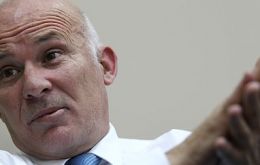
Peru and the European Union will be signing the final documents for a bilateral free trade agreement (FTA) in mid March, said Peruvian Trade and Tourism Minister Eduardo Ferreyros in Lima.
-
Monday, March 7th 2011 - 06:46 UTC
Unemployment increased in Chile during Oct-Dec, stands at 7.3%

Unemployment across Chile grew 0.2% in the last quarter (Oct-Dec) to stand at 7.3% nationally. That equates to 22,000 extra people who are without an income from the end of last year.
-
Monday, March 7th 2011 - 00:30 UTC
Sustaining Latin America’s Transformation
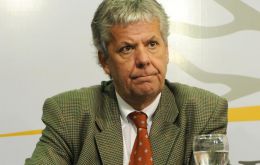
By Nicolás Eyzaguirre (*) Building on recent successes, Latin America now has a chance to raise its profile in the global marketplace. “There is nothing so joyous as a Mexican fiesta, but there is also nothing so sorrowful,” wrote Nobel-Prize-winning poet Octavio Paz, in The Labyrinth of Solitude. “Our fiestas are explosions. Life and death, joy and sorrow, music and mere noise are united.
-
Saturday, March 5th 2011 - 07:29 UTC
The world’s largest samba party took off in Rio do Janeiro

King Momo” opened the Rio de Janeiro Carnival on Friday at a festive ceremony where he was presented with the keys to the city, which for five days will dance to the beat of the samba to celebrate Brazil’s most iconic festival.
-
Saturday, March 5th 2011 - 07:21 UTC
Energy prices for Chilean business the highest in three years
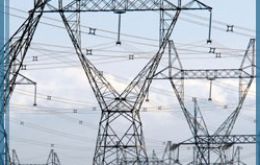
The cost of producing energy keeps going up in Chile, as the drought in the north drags on and the international price of petroleum increases.
-
Saturday, March 5th 2011 - 07:14 UTC
Brazilian auto production increased 18.7% in February from January

Automobile production in Brazil rose 18.7% in February from January, setting a record for the month, as exports surged on the back of increased global demand for automobiles, industry data showed on Friday.
-
Saturday, March 5th 2011 - 07:12 UTC
Argentina soy export terminals resume full activities
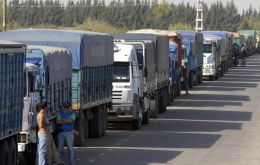
Argentine dock workers reached a wage deal on Friday and called off a three-day-old protest that paralyzed two major soy export terminals and stopped 20 grains ships from loading, a union leader said.
-
Saturday, March 5th 2011 - 06:49 UTC
US unemployment surprise: falls to 8.9%, the lowest in nearly two years

The U.S. economy added 192,000 jobs in February while the unemployment rate fell to 8.9%, the lowest in nearly two years, the Labour Department said Friday. Last month’s jobs gain was the best since May.
-
Saturday, March 5th 2011 - 06:40 UTC
Argentina’s construction activity in January increased 11.7% over a year ago
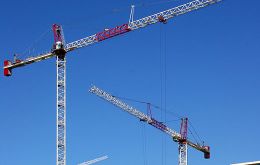
Argentina's construction activity grew at a slower pace in January, with many builders away on summer vacation, according to the national statistics agency, Indec.
-
Saturday, March 5th 2011 - 06:34 UTC
Global construction to outpace GDP growth in next 10 years with China and India leading

Global construction will outpace GDP growth over the next 10 years, with China and India accounting for 38% of the 4.8 trillion US dollars increase in output by 2020, PricewaterhouseCoopers (PwC) said this week.
